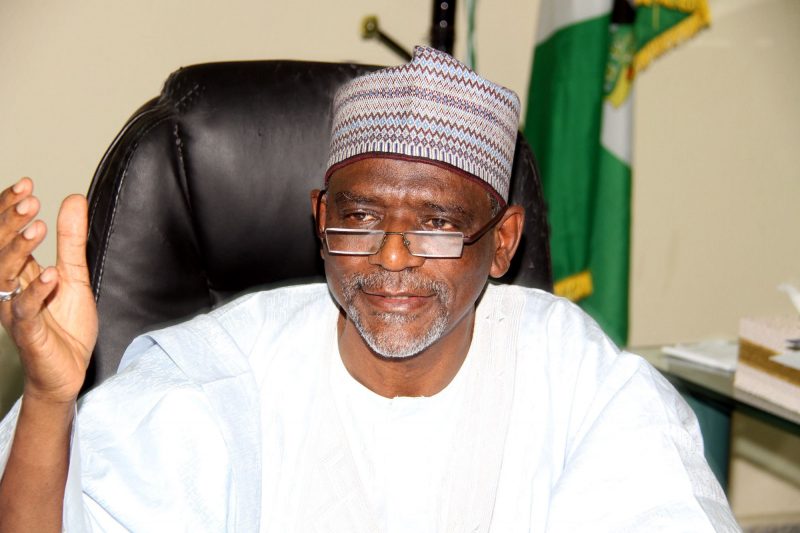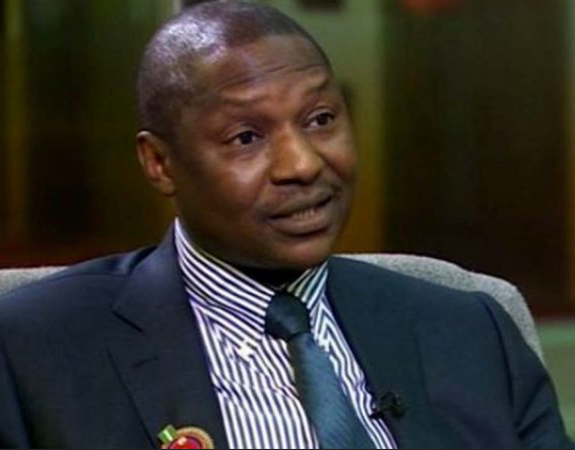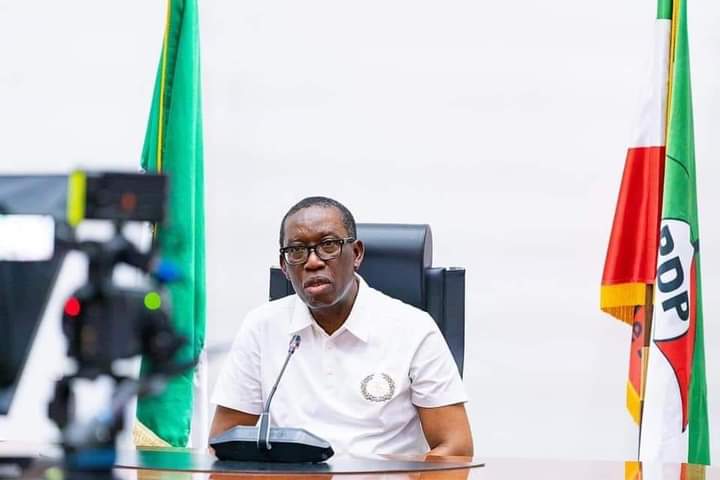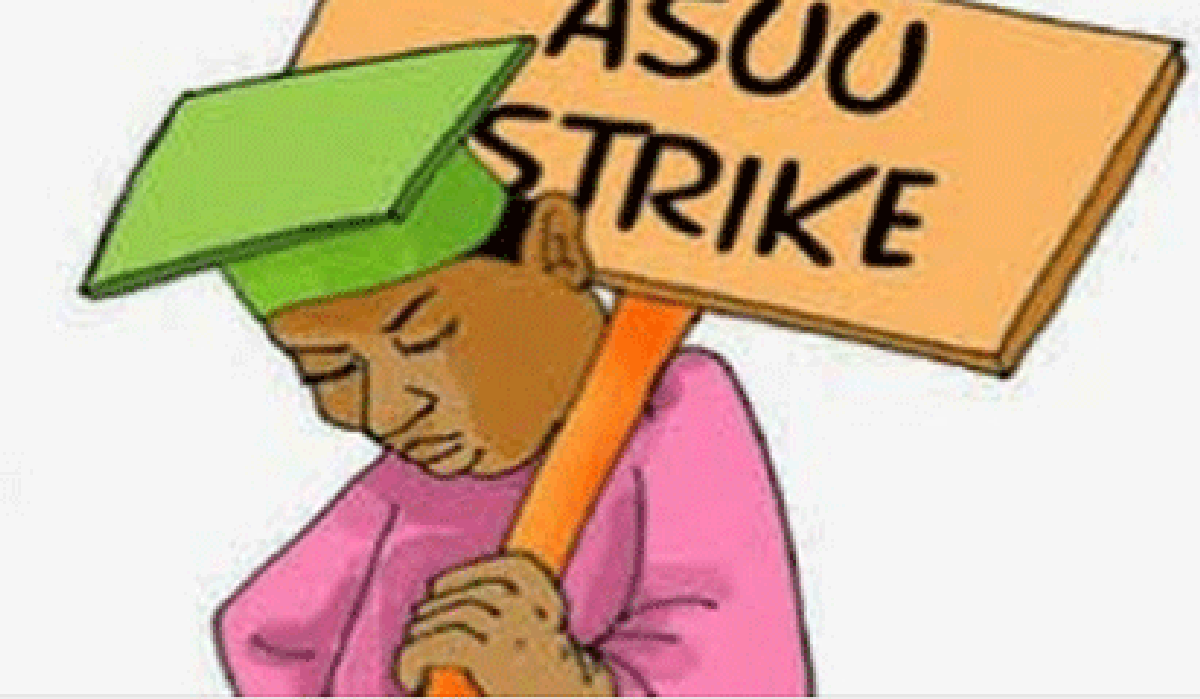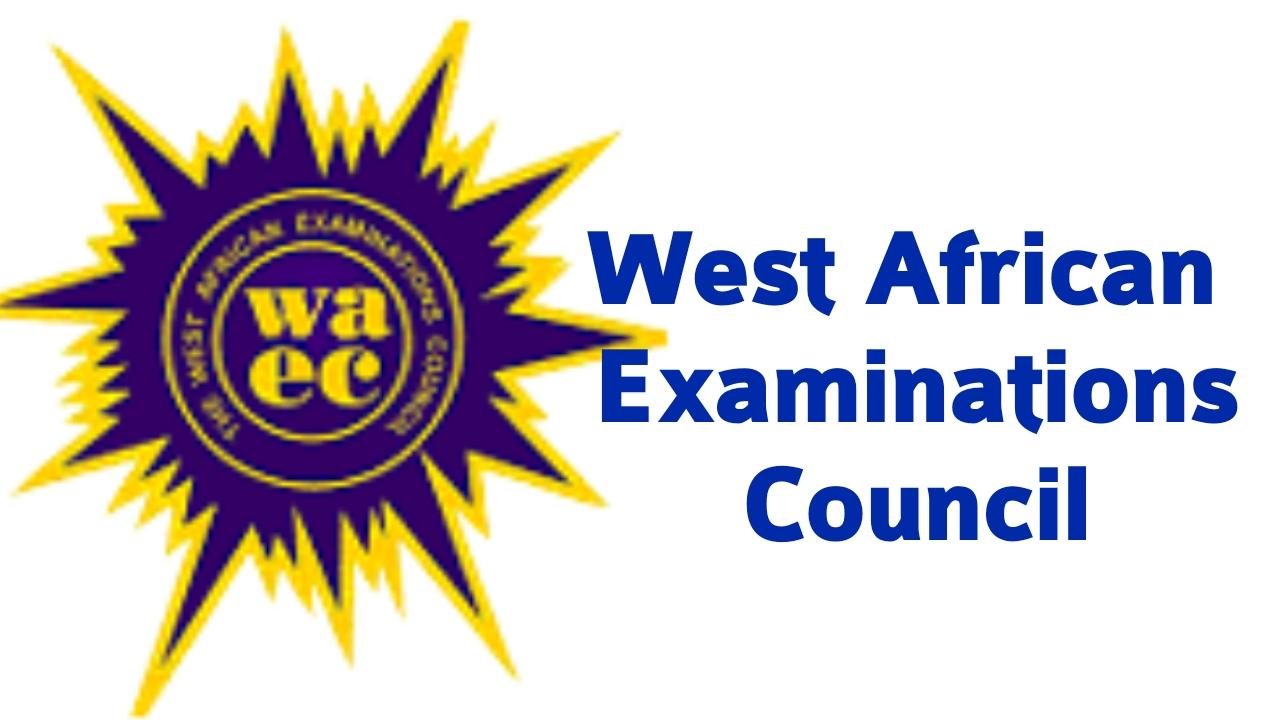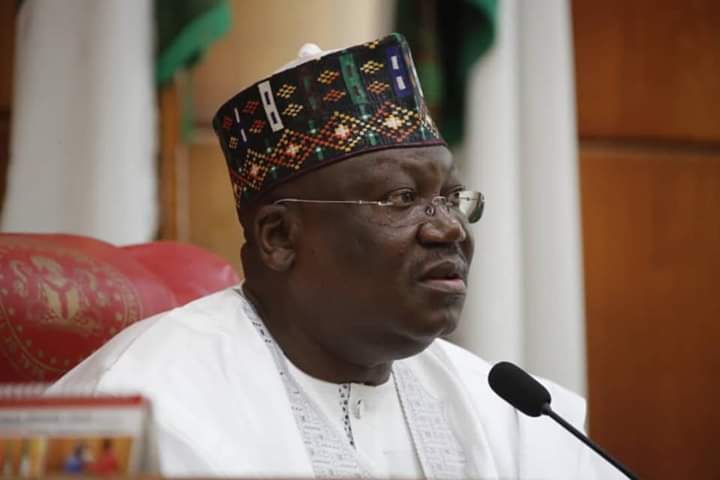The Nigerian government says it has spent N6.3 trillion to revamp the education sector in the last seven years and has pledged to improve on the implementation of its strategic plans as well as create the necessary environment for the sector to thrive, even as public tertiary institutions have remained closed for more than six months.
Since February, a disagreement between the Federal Government and the Academic Staff Union of Universities (ASUU), has left thousands on students stranded as academic activities remain grounded and several efforts to resolve the crisis has failed to yield positive result.
Speaking on Thursday at the weekly briefing organised by the Presidential Communications Team, the minister of Education Adamu Adamu, noted that all states in the country is now home to at least one federal university and polytechnic each.
“The implementation of the sector’s blueprint is on course. In the last seven years we have undertaken massive physical development of infrastructure, ICT development at all levels of our educational system, established new institutions, improved the carrying capacity of our institutions and expanded access to quality education at all levels.
“This administration has ensured that all States of the Federation now have a federal university and a federal polytechnic, with nine Universities, nine Polytechnics and six Colleges of Education established between 2018 and today.
“The government of President Muhammadu Buhari has expended a total of N6, 300, 947, 848, 237 on capital and recurrent expenditure in the education sector in the last seven years. N553, 134, 967, 498.50 has gone into the development of infrastructure at basic and secondary school levels,” he said.
The revised National Policy on Education, encourages public private partnership in the organization and funding of mass literacy in the country and although all tiers of government are expected to participate, the federal government remains the lead investor.
Commenting on the ongoing strike by University lecturers and other workers, Adamu said all the unions involved had accepted the offer made by government except the Academic Staff Union of Universities (ASUU), which insists that its members must be paid for the period of the strike, but government declined based on its ‘no work no pay rule.’
He expressed hope that within the next one week, other unions currently on strike like the Senior Staff Association of Nigerian Universities, (SANNU) Non-Academic Staff Union of Education and Associated Institutions, (NASU) and the National Association of Academic Technologists (NAAT) will resume work.
However, despite these achievements and mandatory schooling for children up to the age of 15, Nigeria has the highest number of out-of-school children (OOSC) in the world in 2022, at about 18.5 million, according to the United Nations Educational, Scientific and Cultural Organisation (UNESCO).
Attendance and enrolment disparities are accentuated along gender, socio-economic and geographic lines. According to the “Global Gender Gap Report 2021” by the World Economic Forum, 69.9 per cent of boys and 58.1 per cent of girls are enrolled in primary school in Nigeria.
UNICEF estimates that the net attendance rate is 53 per cent in the northern states of the country, with female net attendance at around 47 per cent. The situation in northern Nigeria is driven by a combination of cultural practices, economic barriers and conflict.
It is estimated that 35 per cent of Nigerian children who attend primary school do not go on to attend secondary school and half of all Nigerian children did not attend secondary school in 2021.
